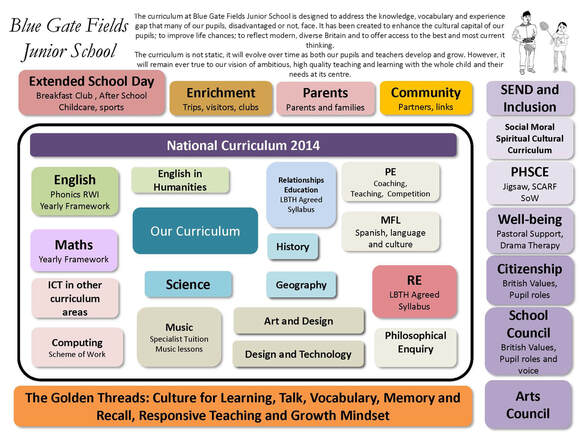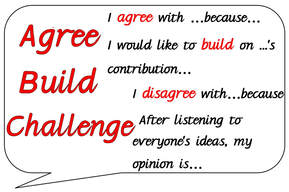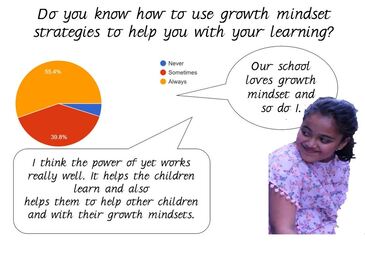The Curriculum
The curriculum at Blue Gate Fields Junior School is designed to address the knowledge, vocabulary and experience gap that many of our pupils, disadvantaged or not, face. It has been created to enhance the cultural capital of our pupils; to improve life chances; to reflect modern, diverse Britain and to offer access to the best and most current thinking.
The curriculum is not static, it will evolve over time as both our pupils and teachers develop and grow. However, it will remain ever true to our vision of ambitious, high quality teaching and learning with the whole child and their needs at its centre.
At Blue Gate Fields Junior School, creativity is more than just the arts; it is a way of thinking and an approach to learning.
Our pupils learn to develop adaptable flexible critical thinking and express their own thoughts, feelings and ideas. We do this through our commitment to high quality talk and confident use of a wide ranging vocabulary and language structures.
In all areas of the curriculum, we actively develop children’s ability to confidently express themselves in a variety of ways and in an environment where they are encouraged to be individuals, with growth mindset attitudes to life and learning.
If you have any questions about our curriculum, please make an appointment to speak with Sian or Joanna.

The Curriculum Map
The Curriculum Aims and Intent
At Blue Gate Fields Junior School, pupils develop a world-view that reflects the true diversity of Britain and the world we live in. By ensuring that our curriculum is carefully and purposefully designed to promote inclusive, diverse and accurate narratives, pupils foster an understanding of the varied identities and experiences that encompass the global human experience. They are taught to foster positive relationships, challenge discrimination and promote equality and community cohesion.
The principle of visibility and promotion of diverse narratives is woven throughout our curriculum. This enables pupils to develop a deep and nuanced understanding of different cultures, identities and needs.
Pupils are provided with windows and mirrors: windows to explore the differing experiences of other people in order to foster the understanding and acceptance of others; and mirrors to see themselves in their learning experiences and to reflect on their own lives. This develops the children’s sense of belonging and allows them to see that their identities are valued, their needs recognised and seen as part of the broader human experience (after Rudine Sims Bishop).
By comparing their own experiences alongside experiences of others, whilst accepting and valuing both, pupils are provided with a curriculum that develops their sense of belonging. They are able to deepen their understanding of their own identities in order to build confidence and self-belief in themselves. This enables pupils to understand their ability and responsibility to ensure a fairer and more equal world, and encourage them to engage in their communities as local, national and global citizens.
Since 2014, we have followed the programmes of study outlined in the revised National Curriculum, which all local authority maintained schools are required to teach.
Whilst following local and national guidance, we have developed our curriculum specifically to meet the needs of our school community. Due to the large percentage of pupils with EAL, there is a focus on literacy and numeracy skills so that pupils can access a wider cultural curriculum.
Whilst there is a focus on Literacy and mathematics, this is not at the expense of a broad and balanced curriculum.
We utilise the skills of artists in residence and specialist teachers to ensure exemplary teaching of all subjects.
We ensure our children are not limited by social, economic or cultural disadvantages: we organise a broad range of cultural experiences, which we believe add value by contextualising learning. As a result, a range of activities and trips are organised to enrich the curriculum and to provide a cultural education, encompassing theatre, art and design, music, literature and sports. We regularly invite ‘expert adults’, such as established authors and poets to raise aspiration.
Research from Carol Dweck (2006) on growth mindsets underpins the way in which we develop pupil’s learning attitudes and teach pupils the skills to overcome barriers in their learning. It is part of our belief that teaching qualities like resilience and perseverance will help all pupils to become successful lifelong learners.
We believe that creating external partnerships with other schools helps us to share and discuss best practice with the wider educational community. We are part of the Mcubed partnership and THEP (Tower Hamlets Education Partnership), which allows us to learn more from other school settings and in the light of this reflect on our practice. Our curriculum leaders work in partnership across the Mcubed network in order to improve and refine our curriculum.
Our Curriculum Implementation
Talk
We believe that, “talk is the sea upon which all else floats” (James Britton 1970) and Professor Frank Hardman reinforces this when he states “[Talk is] the most powerful tool of communication in the classroom and it’s fundamentally central to the acts of teaching and learning.”
Staff explicitly teach talk using progressive language structures which are displayed in all classrooms.
Classroom discussion is structured around an ABC model that invites children to agree, build or challenge. This moves the emphasis away from ‘teacher talk’ and towards a more pupil-directed discussion model.
Talk underpins all written work. We believe that if a pupil can articulate thinking verbally, then they will be able to expand and develop learning.
We want classroom talk to be preparation for the social, educational and employment settings they may encounter in the future.

Growth Mindset
We have incorporated within the PSHCE curriculum a series of lessons demonstrating the principles of and strategies for having a growth mindset, which are explicitly taught to ensure that we embed the growth mindset principles within our classroom culture.
- Teachers use growth mindset language to provide specific and supportive feedback that helps pupils understand that learning is a process.
- Weekly assemblies help to promote and reinforce Growth Mindset attitudes; pupils are taught that they can utilise practical strategies to improve their learning outcomes.
- In the Pupil Attitude Survey 2018-2019, a pupil can be quotes as saying, “I love using growth mindset. Growth mindset helps me with all my learning. When I see other people win, I know that they’ve been trying very hard which will make me more determined. Growth mindset is a great thing it helps everyone with their learning.”

Memory and Recall
Our teachers teach lessons that are responsive to the learning needs of the pupils. Pupils are taught that forgetting is part of learning; they are given strategies to support memory.
Teachers plan and structure lessons with an understanding of researched-based principles of instruction (Barak Rosenshine 2012) to enable pupils to ‘hold onto’ their learning through retrieval practice, modelled working, low stakes testing and an avoidance of cognitive overload.

Curriculum Areas and Planning
Although the objectives for teaching and learning remain constant and in line with the National Curriculum, planning is not static. It evolves according to the needs of particular cohorts of children, as opportunity arises and as a result of reviews for improvement.
